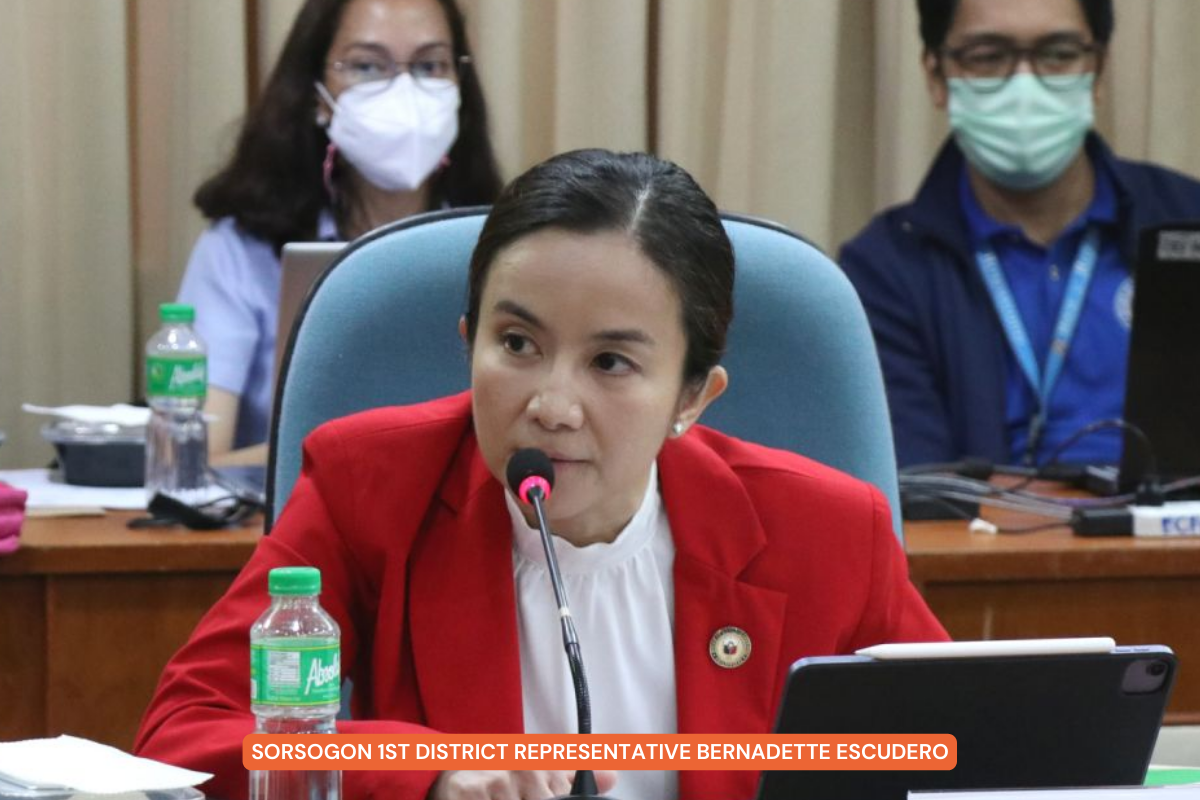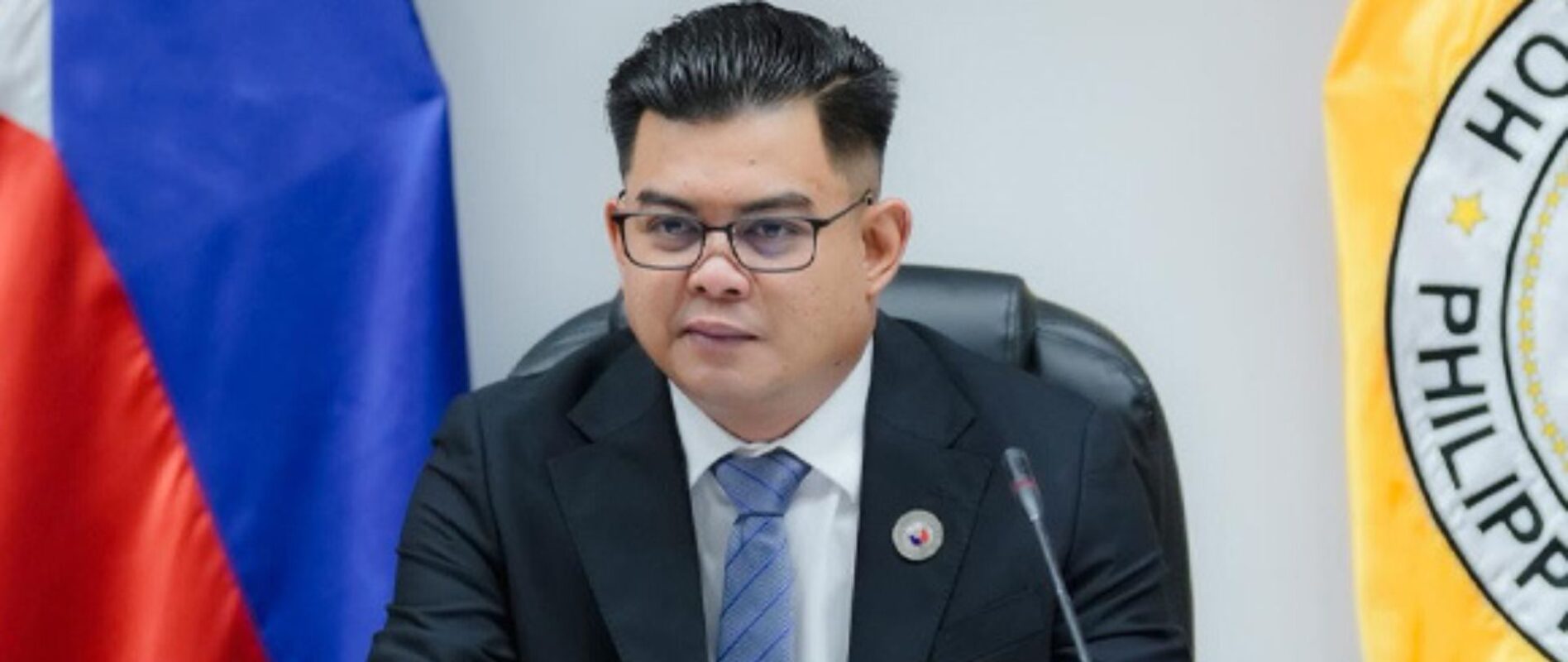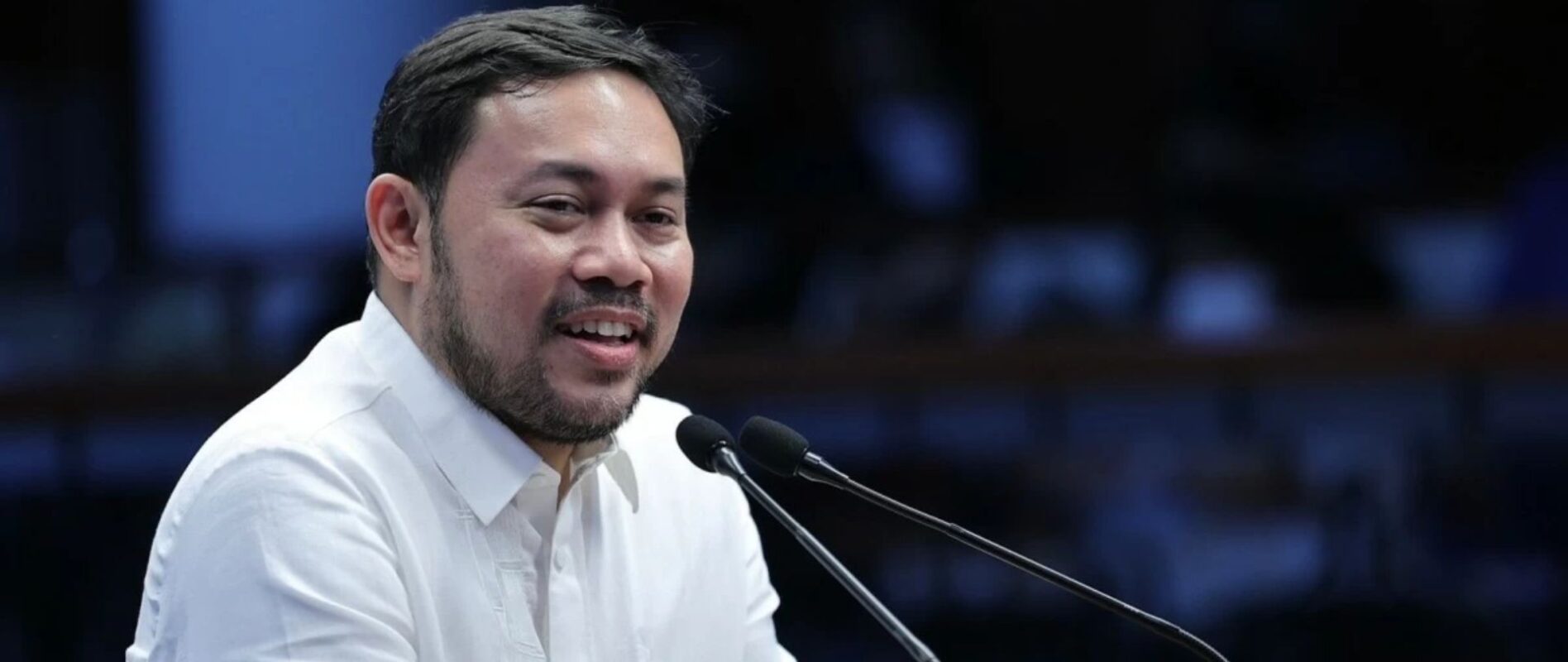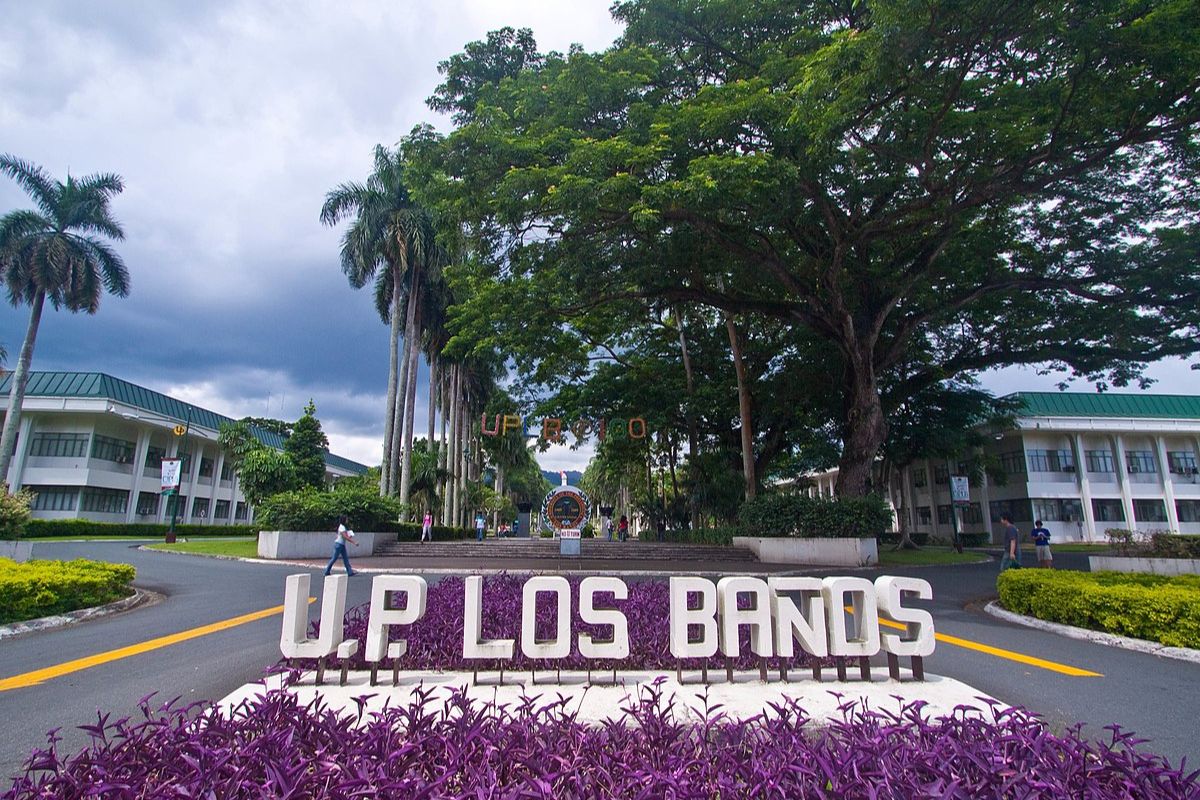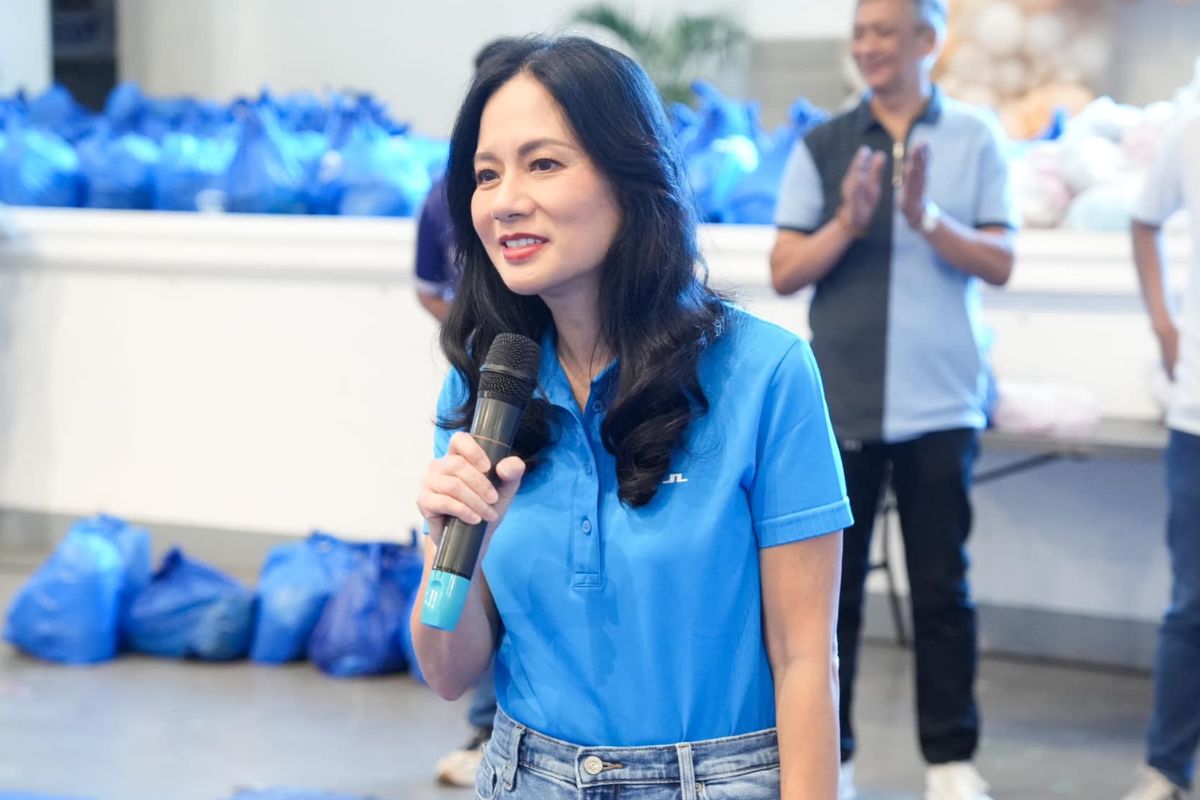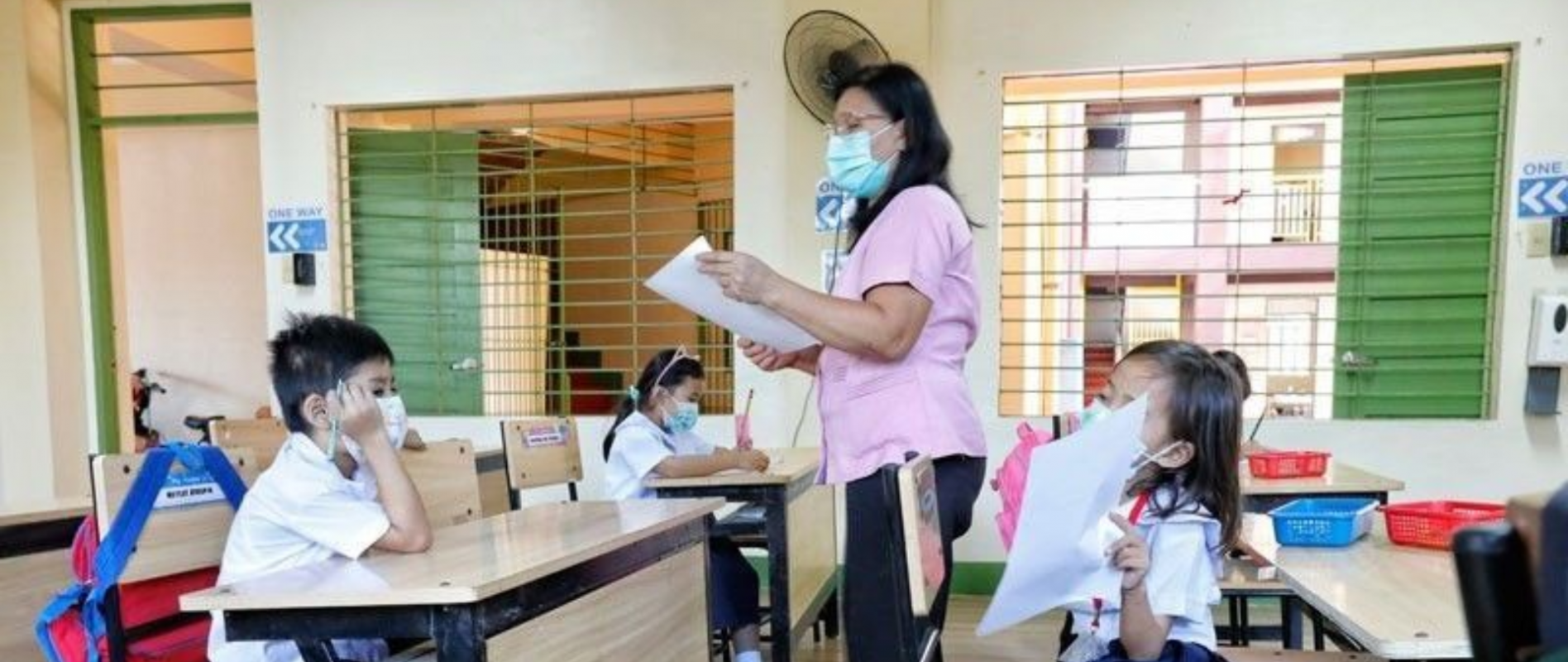UNICEF CONCLUDES SAFER INTERNET MONTH CELEBRATION
TO CULMINATE the celebration of Safer Internet Month, UNICEF Philippines, together with the Inter-Agency Council Against Child Pornography, held a conversation with children on the importance of digital safety and mental wellness during the Covid19 pandemic.
Child and adolescent leaders discussed their experiences online and how these affected them. The activity also encouraged children and young people to share their own tips on how to stay safe online amid the increased use of the Internet during the pandemic.
“For a youth advocate like me, we can use social media to reach more people about our advocacies. Let’s not limit our lives in social media. Let us explore other things so we can see and improve our talents,” Janna, 16, who joined the panel of children during the activity, said.
The Safer Internet campaign kicked off on February 9, 2021 with the theme “Bagong Normal: Ligtas na Internet for All.”
During the celebration, several programs aimed at protecting children online were launched like the Child Online Safeguarding Policy of the Department of Information and Communications Technology
A series of interactive digital games and activities through the efforts of the Child Rights Network, Plan International Philippines, SaferKidsPH Consortium, and UNICEF Philippines also became a part of the month-long celebration.
UNICEF Philippines said the Covid19 pandemic had a profound impact on the way children use the Internet, specifically the length of time they spend online and the levels of risk to which they may be exposed.
THE UN agency said that, on average, Filipino children go online for the first time at 10 years old. They spend an average time of under two hours or 116 minutes online per day.
While UNICEF cites figures from study conducted prior to the pandemic, it said that the expected length of time that children spend online during the pandemic has increased significantly as children were forced to turn to the Internet for most of their entertainment, connections and for education.
The concern expressed by both the Council for the Welfare of Children and UNICEF Philippines on the impact of the prolonged community quarantine measures on the psychosocial well-being of children revealed that the increased time being used by children online led to less outdoor activity, reduced sleep quality, increased symptoms of anxiety, and unhealthy eating habits.
“By learning from what we have experienced, we can reimagine a future that addresses the digital divide; a reimagined future that ensures your access to health, nutrition, vaccination, clean water and a hygienic environment. One of the most important considerations of our reimagined future is that our children’s mental health must be a priority,” UNICEF Philippines Deputy Representative Behzad Noubary said.


